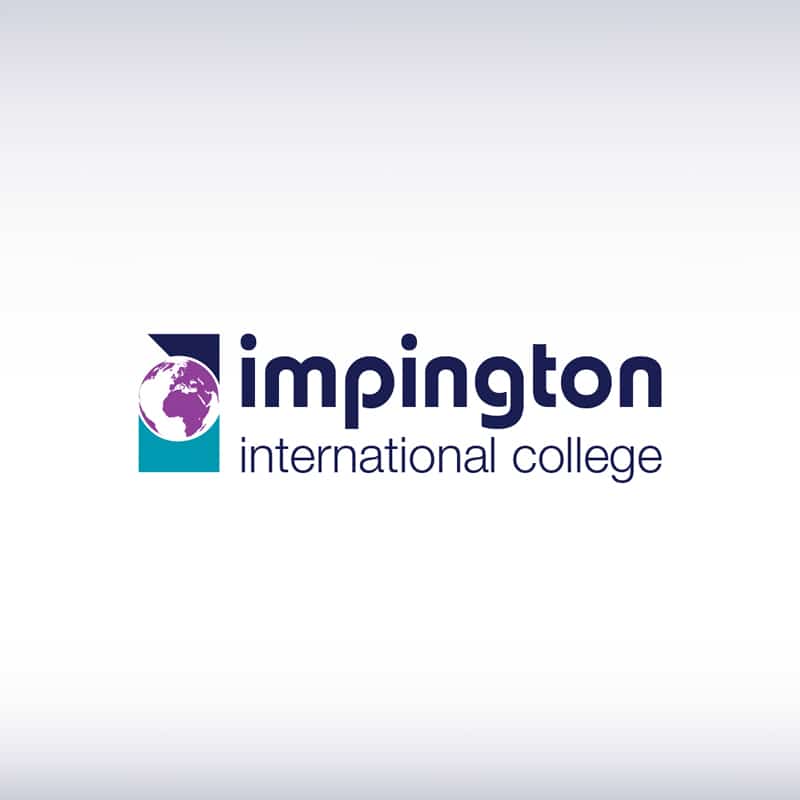
Jo Sale, Vice Principal, Impington International College
In times like these, when everything we hear is about physical distancing, it is hugely important to remind students that, while they are on their own, they are not alone and are part of a large, supportive network. My current Year 12 cohort are adapting to remote learning from all around the world: South Africa, Russia, Scandinavian countries and Central Europe, as well as the UK.
When I did my very first ‘live’ online lesson with our Year 12s, it was clear that what they are missing most is classroom interaction; the sense of “togetherness” that they get from being in a classroom with a teacher. While everyone in the UK and beyond is isolated to varying degrees, it is our main job, as teachers and mentors, to continue to make sure that students feel like they belong to a community; reminding them that they have support and are cared for.
It is easy to assume, particularly with bright, motivated Year 12 students that they have come to their sixth form courses already as independent learners despite the fact that current GCSEs rarely foster these skills. And some do, of course, but for many the journey to truly independent learning takes place throughout sixth form and often well into undergraduate study. The problem students are experiencing at the moment is not about working independently, but about working alone.
To overcome this with our students, we use collaborative technology tools, like Microsoft Teams, which on a practical level, has truly benefitted us. It helps students to remember that we are with them, while physically separated, and are not just a remote disembodied resource to call upon; that we are still very much the community that we were prior to COVID-19. Using technology, we are able to host pre-recorded and live lessons, undertake group work and 1-2-1 sessions with students. We have found that even the most informal functionalities, like the chat space, have their uses, trying to mimic the day to day interactions that we would have in the classroom or just around the College.
While there is so much horror and sadness in the world, rather than focusing on the negatives, we have been trying to engage with the positives that could come from remote learning. I have been explaining to our students the different styles of learning that they have, and will, encounter throughout their lives. For example, at school, learning feels like a collective effort whereas, at university, with much less structured teaching, it will feel like they are more on their own, apart from the odd lecture, tutorial or seminar group. If there is one silver lining to our current situation, it is that, essentially, students will leave our College better prepared for the learning style that university requires. What an incredible insight they are getting into how they learn and what an advantage that will give them in the future!
At Impington International College, we offer the International Baccalaureate (IB) Diploma Programme (DP) and Career-related Programme (CP), which have certainly helped us transition to remote learning – elements of both programmes place a large focus on independent learning. In particular, the extended essay and internal assessments are designed to be completed independently. From the very start of a student’s time with us, we build in gradual ways for them to be working independently, teaching them how to research, how to make informed judgements; and how to express an opinion, all of which is embedded within the IB programmes.
IB programmes set students up to achieve the freedom of mind that is required at undergraduate level; helping them to develop the cognitive steps that mean that when they get to university, they have the opportunity to really be independent and, more importantly, have the confidence to do so. So many of our alumni return to visit us during their first year and tell us how well the IB programmes prepared them for university. They find that they already have the essay writing and research skills, and they are also used to balancing a large and varied workload.
I have been genuinely impressed to see how our Year 12 DP and CP students are approaching remote learning. Even though some of them are struggling with the reality of the global situation, all of them are using their own initiative to make sure they are making the most of this valuable time. At the moment, emphasis is on extended essay research, and a few of our students are focusing their topics on issues relating to the global pandemic. Other students are organising their own online study groups because they are missing classroom interaction. One student has even created her own marking criteria tool, so that she can self and peer assess work! We also have a number of students undertaking peer to peer learning; one student is now organising TED-talk style seminars for all students on topics of their choice; this is not for assessment, might I add, they are just doing it because they want to.
Seeing all of these wonderful student-led initiatives in place, I realise that while physically isolated, our students are learning independently, not alone, and that is what makes the difference.
